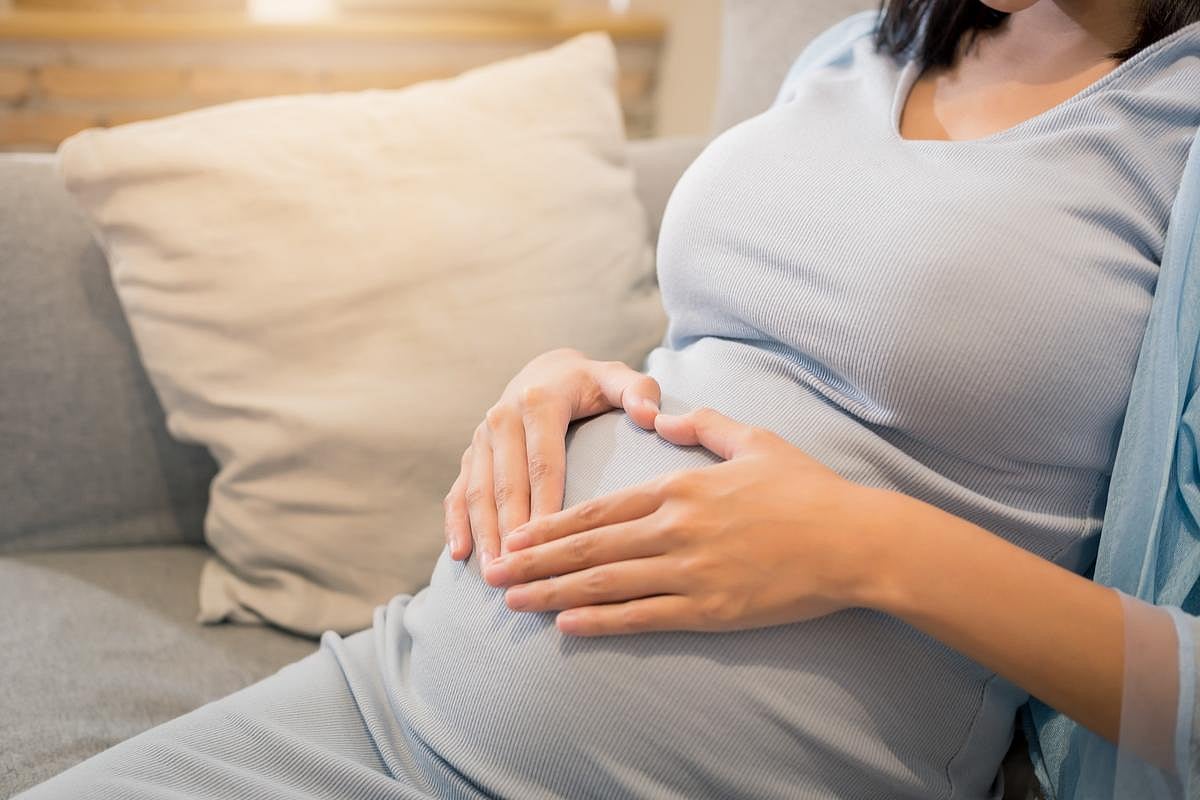Manténgase sano!

- Posted September 8, 2025
Severe Pregnancy Nausea Causes Many To Rethink Motherhood, Study Finds
Extreme morning sickness during pregnancy, a condition known as hyperemesis gravidarum (HG), can have a devastating emotional and physical impact on pregnant women.
A survey of close to 300 Australian women with HG reveals that more than half thought about terminating their pregnancies due to their distressing symptoms.
The findings — published Sept. 3 in the journal PLOS One — provide a detailed look at the challenging reality for women with this debilitating condition. It highlights not only the profound suffering caused by HG, but also the lack of effective relief from many commonly prescribed medications.
HG is a severe form of nausea and/or vomiting in pregnancy (NVP). It can lead to fluid loss, electrolyte imbalances and weight loss, which can affect mother and baby’s health.
HG affects up to 10.8% of pregnancies, Australian researchers said.
"Hyperemesis gravidarum is not just morning sickness — it’s a serious condition that can have devastating consequences for women’s mental health, relationships and decisions about future pregnancies,” said lead author Luke Grzeskowiak, a pharmacist and associate professor of medicine and public health at Flinders University in Australia.
"Our study shows that many women are not getting the support or relief they need, and that’s something we must urgently address,” he added in a news release.
For the study, his team surveyed 289 Australian women who were experiencing severe nausea and vomiting of pregnancy or hyperemesis gravidarum, or who had it in the past.
In all, 54% of respondents said they had considered ending their pregnancy because of their HG symptoms.
The condition also made many women rethink having more children, with 90% saying they had considered not having another pregnancy.
On average, respondents were 33 years old, and 38% were pregnant at the time of the survey in 2020. All reported that their nausea symptoms began in the first trimester.
Many respondents (72%) reported hospital admission for IV fluids at some point during pregnancy, and all respondents reported great difficulties eating and drinking their normal intake during pregnancy.
The emotional distress was significant. In all, 62% of respondents reported feelings of anxiety and depression "often" or "always" during their pregnancy.
When it came to managing their symptoms, women reported mixed results from standard treatments. On average, respondents tried four antiemetic medications — drugs that help reduce or prevent nausea and vomiting. Only half of respondents found commonly used medications to be effective, the survey showed.
While ondansetron, doxylamine and corticosteroids were seen as the most helpful drugs, many women also reported bothersome side effects, including constipation, sedation and a feeling of "fogginess" or impaired cognition.
Nearly a third of women who tried metoclopramide, another common treatment, stopped due to adverse effects.
The most common remedy was ginger, either on its own, or as part of combination therapy in 88% of survey respondents. Other common remedies were ondansetron (55%), metoclopramide (49%) and pyridoxine (46%).
Grzeskowiak noted that this cycle of trying multiple medications with limited success and new side effects can add to the burden women already feel.
“Women are often prescribed multiple medications in an attempt to manage their symptoms, but the reality is that many of these treatments come with their own burdens,” he said. “We need better evidence to guide treatment decisions and ensure women are supported to make informed choices.”
Beyond the physical symptoms, the study also detailed the widespread disruption HG caused in women's lives.
More than half reported that their ability to work, care for their children, sleep, keep up socially and even do basic daily tasks was severely affected. Up to 30% also reported negative impacts on their relationship with their partner.
Further, 37% said they requested an early induction of labor to end their pregnancies sooner because of the severity of their symptoms.
Study co-author Caitlin Kay-Smith, founder of the consumer group Hyperemesis Australia, emphasized the need for a fundamental shift in how health care professionals approach HG.
“Too often, women’s symptoms are dismissed as a normal part of pregnancy, when in fact they are experiencing a condition that can be life-altering,” she said.
The study calls for further research into the long-term effects of HG and its treatments, along with more investment in support services.
Researchers said their findings underscore the need "for a nuanced and holistic approach" to managing severe nausea during pregnancy and HG.
“Greater evidence is also urgently needed to help better guide existing and future treatments for this debilitating condition, particularly with respect to exploring immediate and long-term impacts of various medications on maternal, fetal, and infant health and well-being,” the study added.
Grzeskowiak said the message from women is clear: “They want to be heard, believed and treated with dignity.”
More information
The Cleveland Clinic has more about hyperemesis gravidarum.
SOURCES: Flinders University, news release, Sept. 3, 2025; PLOS One, Sept. 3, 2025

